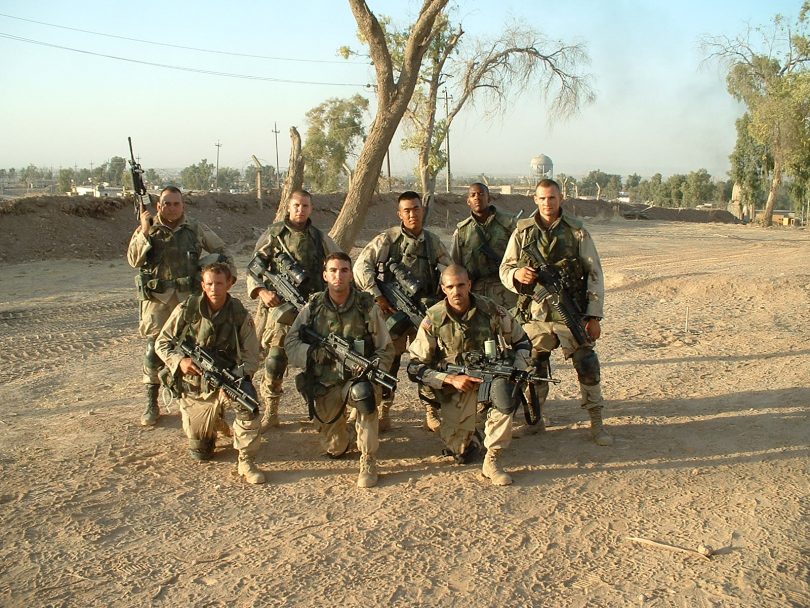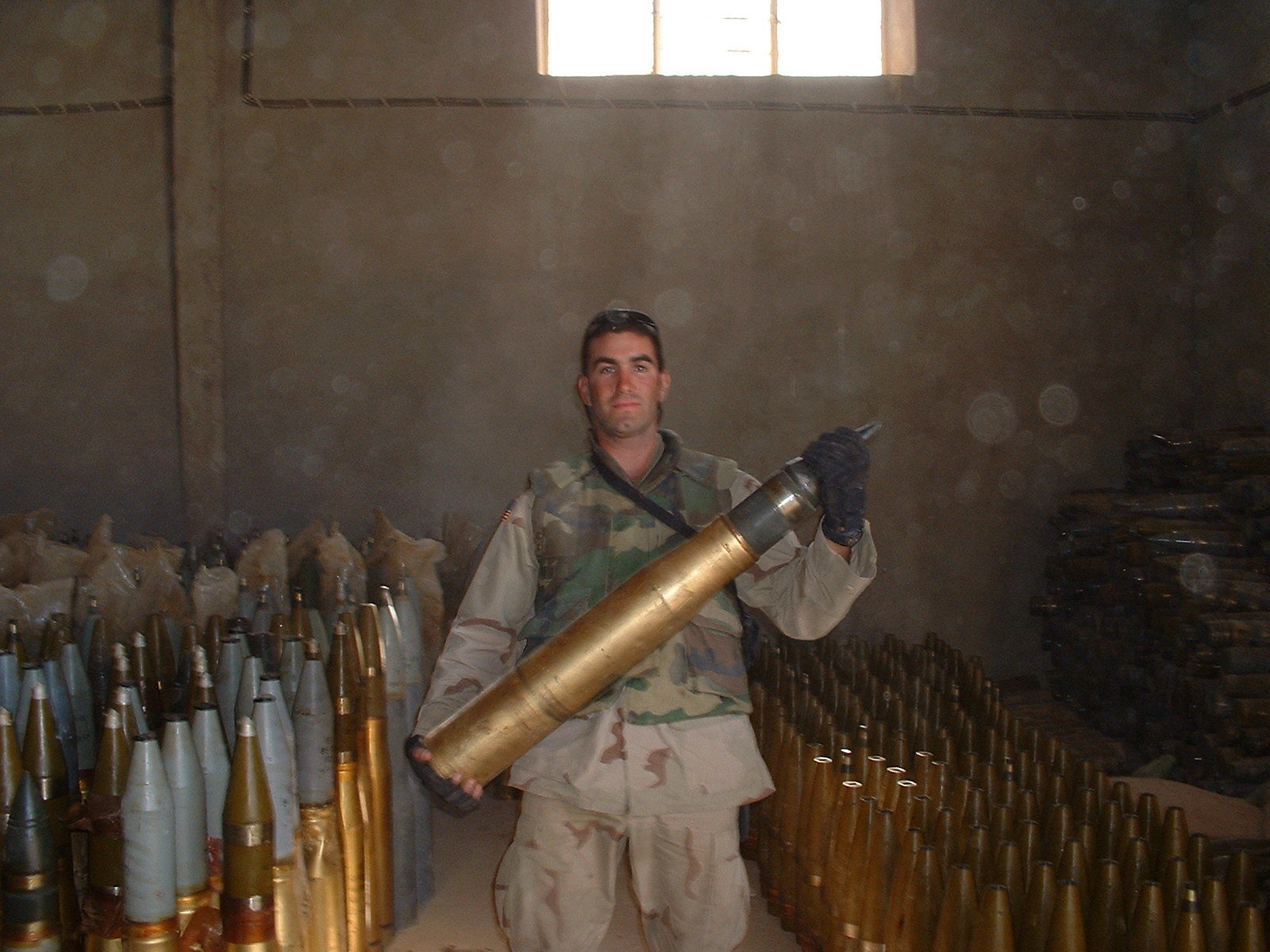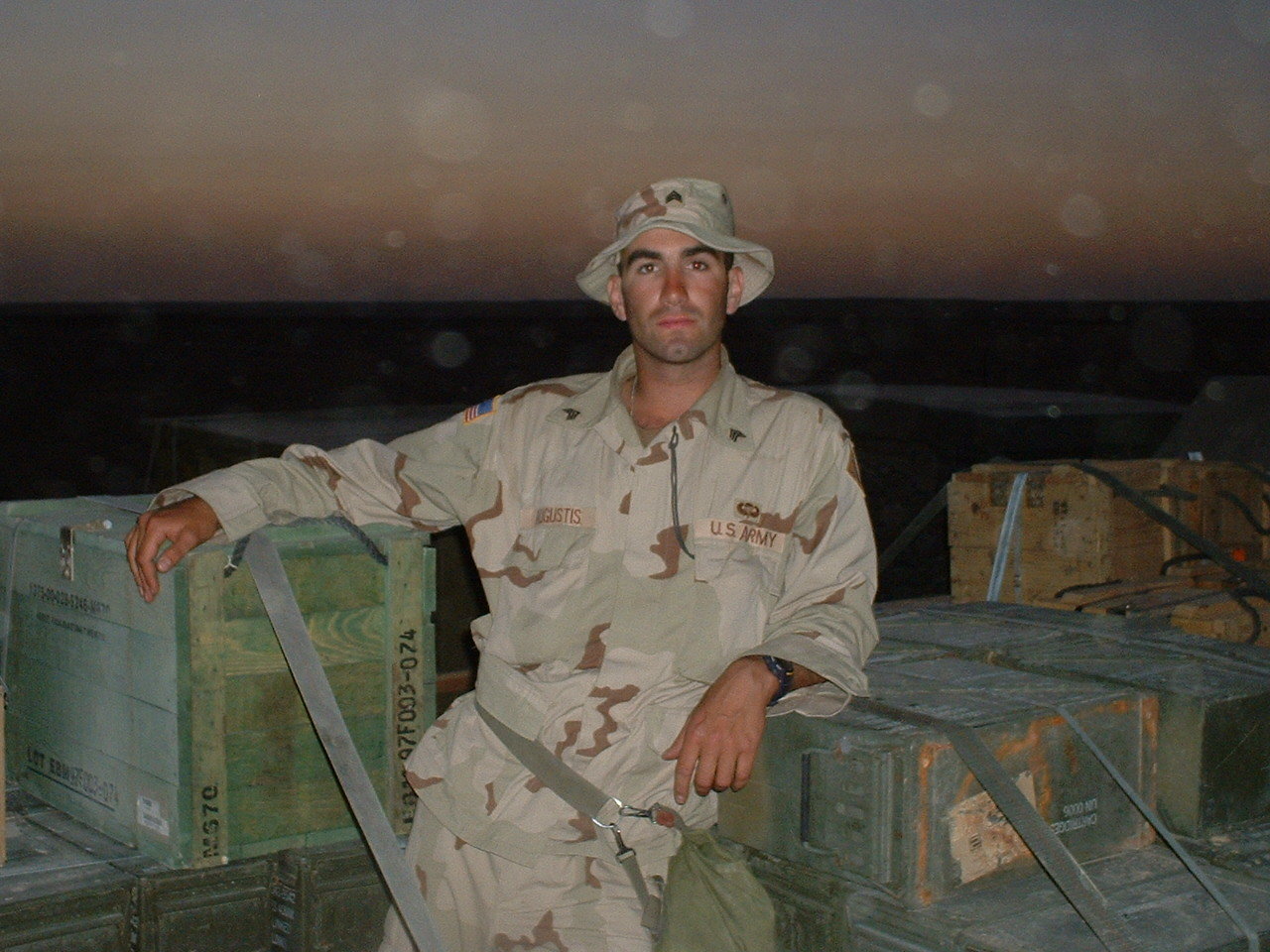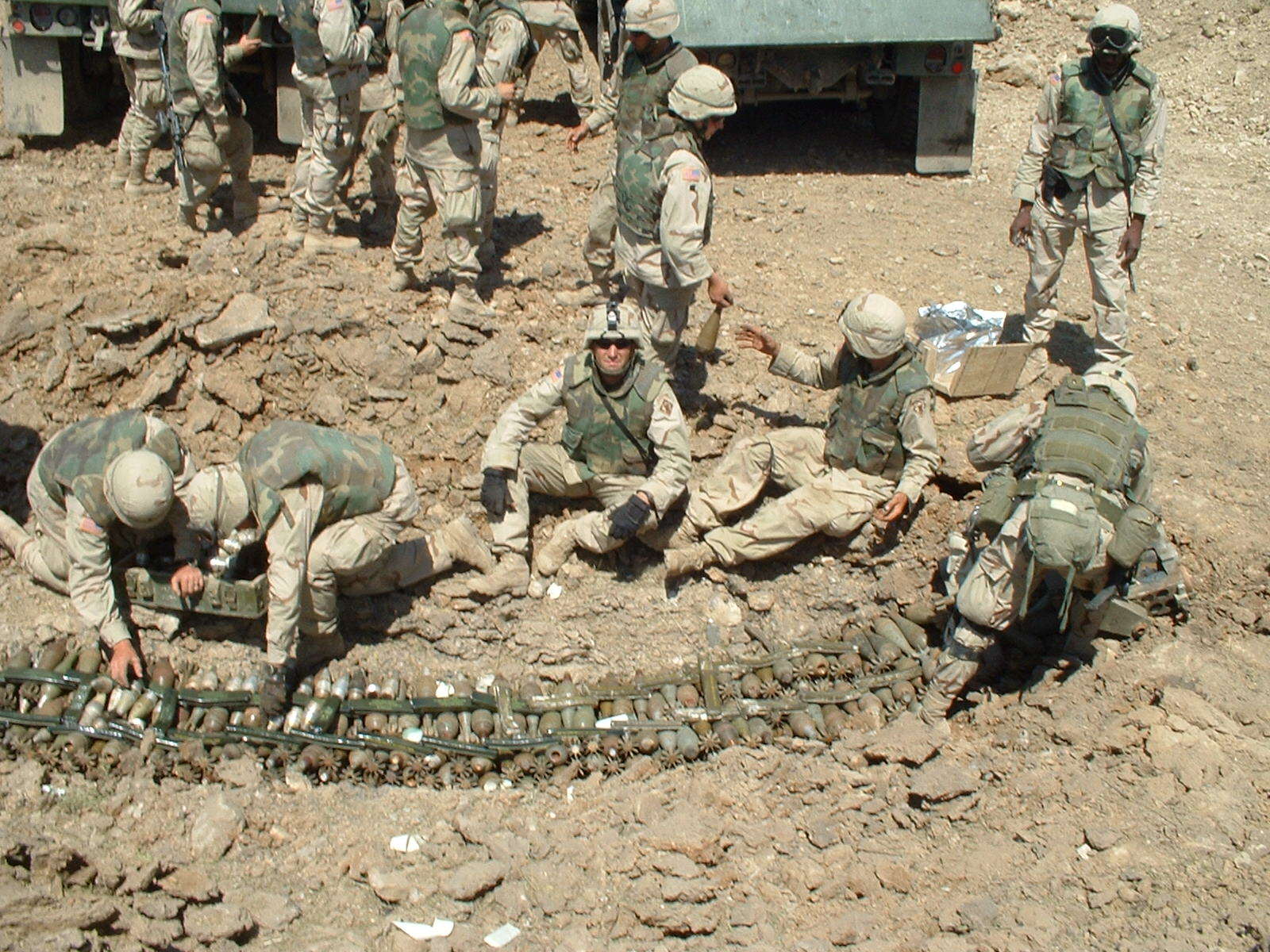A conversation with Aaron Augustis and the Veterans Cannabis Group
I can’t fathom being uprooted from what seems like a typical life to enter into a foreign landscape and be expected to survive or die. Especially not when still technically a teenager. But I have family who did just that, journeying deep into a dark unknown, which was literally the jungle.
While many people might not be able to mentally visualize what our veterans have physically witnessed, or have been asked to do, we can unmistakably understand the life-threatening danger and the trauma it can induce — whatever the reasons for being there in the first place.
You only need to consult the daily “news” to witness the cyclical pattern of death and destruction; of perpetual racial tensions; of the dark side of humankind. Wars can be waged with political instead of altruistic or defensive rationales. Following orders might eventually translate to debilitating and controlling conditions like depression and post-traumatic stress disorder (PTSD), or physical pain.
But there’s this ancient, prolific plant that can help our veterans forget, or focus, or find inner peace. And yet, should former soldiers seek out this mere (but medicinal) plant, they can relinquish basic necessities for achieving some sense of livelihood, like their home, their pay, or their benefits. Over a plant.
Recently, I spoke with Aaron Augustis, who was deployed to Mosul, Iraq from April to November in 2003. The invasion began on March 20, 2003. Aaron crossed the border of Kuwait into Iraq on Easter Day, 2003, and experienced the guerilla warfare of IEDs (improvised explosive devices), mortar rounds, and indirect fire of rockets being fired into their camps. He currently advocates for the ability of his comrades to have the freedom to find that inner tranquility through the use of cannabis, a freedom many of the rest of us actually have.
Aaron founded Veterans Cannabis Group (VCG), an organization that advocates the medicinal use of cannabis for combat related PTSD and provides networking, educational, support group and employment opportunities to veterans looking for alternative medicines. VCG also offers informational support and collaborates with other veteran advocacy groups. They even funnel donated cannabis to veterans.
“There’s 22 million veterans in the United States,” Aaron discussed. “There’s 2 million alone in California. We’re looking to provide knowledge and data to these people so they can make informed decisions when voting.”
Access to cannabis isn’t necessarily easy for veterans. The majority of the US allows residents to use cannabis for approved medical conditions. Increasingly, states are legalizing cannabis outright. Yet, a person who volunteered for the military cannot. Veterans risk their lives, and yet they can’t return and smoke a joint?
“At 18,” Aaron added, “you can get issued a grenade launcher with orders to kill. But you can’t drink a beer until you’re 21. A rocket launcher is okay, but that joint is dangerous for me?”
In one of the photos Aaron shared, he and his fellow soldiers are sitting behind captured ammunition that, in turn, has explosive C4 on top so that they can blow the munitions up. I commented on how calm everyone looked. Aaron discussed how rapidly a soldier can get desensitized to their environment. What others can’t fathom becomes their routine. The unethical philosophy of prohibiting people who have seen life-altering and mind-numbing scenes from accessing a plant to help them through their days is further wounding our veterans, who may find comfort in cannabis for PTSD, restless leg syndrome, or suicidal thoughts, a beyond-tragic fact resulting in, on average, 22 suicides amongst veterans per day. And, of course, in today’s world, there’s the superfluous pharmaceutical sea – like opioids.
“The Veterans Health Administration cannot prescribe cannabis,” Aaron explained. “If a veteran wants cannabis, they have to go outside of the Veterans Administration (VA), an organization whose sole purpose is to help veterans.”
“But the doctors can prescribe opioids,” he continued. “And once tolerance levels get to a certain point, a veteran can get cut off from their prescription, which may lead them to the streets to get heroin.”
I asked Aaron what can stop a veteran from seeking out cannabis, whether openly or clandestinely? “Well, the obvious one is lack of access, because you’re living in a state that still doesn’t have medical cannabis, or if there just aren’t a lot of dispensaries in your region,” Aaron answered. “Less than 30% of California has commercial cannabis licensing. Veterans may not want to go to the black market. Or they may fear getting drug-tested and losing federal benefits, like being removed from pain management plans.”
“They can lose federal housing,” he continued, “since they can’t take advantage of state legality if living on federal property.”
In addition to these obstacles, many disabled veterans are on fixed incomes. Although they may be getting mounds of free or subsidized medications from the VA, the cost of cannabis might preclude their seeking it out. “The maximum amount of disability a veteran can get is $3,227,” Aaron explained. “What if a $40-60 eighth only lasts 3 days?”
It’s tragic that price can prevent someone from experiencing cannabis, especially when they can significantly benefit from what the plant offers. But when a bottle of pills might be less than a record album, and a concentrate might run $65 a gram, it just might be impossible to surrender the funds. If a prescription runs $10 for a 90-day supply, and a medical cannabis patient uses a gram a week at the above price, that equates to around $780, or a 78-fold increased cost over the course of 12 weeks.
Aaron and the VCG are trying to help change that through their collaboration with Flower Co., a wholesale cannabis company that delivers cannabis to California residents through a membership program where members get special pricing. “Flower Co. is offering free membership to veterans within California, which will provide access to cheaper cannabis,” Aaron added. “I really want to publicly thank them for their generosity. Around 200 veterans contacted Flower Co. in one day after the Forbes article came out.”
VCG has also created Brothers Mark Cannabis, a veteran-owned-and-operated company whose mission is to support “our nation’s veterans long after they are discharged from the service.” In February, VCG is hosting an event in Sacramento, California to help educate veterans on cannabis and address policies and misconceptions surrounding veterans using medical cannabis. “We’re going to have a VA rep onsite to clarify policies,” Aaron discussed. “Policy-wise, veterans should not be losing benefits, but reality-wise, I’ve heard of veterans losing benefits, pain management programs, or housing from their use of medical cannabis.”
There’s a lot of people who can thrive or feel more human, find amplified levels of serenity, or simply escape the ritualistic thoughts in their minds through the use of cannabis. Our nation’s veterans deserve the opportunity to lead their own lives after risking them to serve in the Armed Forces. Our goal at Terpenes & Testing and Aaron’s goal at VCG is to provide a forum for having the conversation, for educating, squashing stigmas, and providing facts rooted in reality and scientifically valid information and data.
“Come visit our website, or check out Ryan Miller and Operation Evac,” Aaron invited. “Or come to one of our Bay Area events. The veteran community can have a very strong influence. I think the pathway to federal legalization will go through the VA, and our ultimate goal is to get the VA to issue veterans cannabis through their pharmacy just like is already done in Canada.”
“Again, the whole purpose of the VA is to take care of veterans,” Aaron concluded. “They need to hear us saying ‘Your system isn’t working, but we’ve found something that does’.”
Visit Aaron on Instagram at vcgpost1
www.veteranscannabisgroup.com











